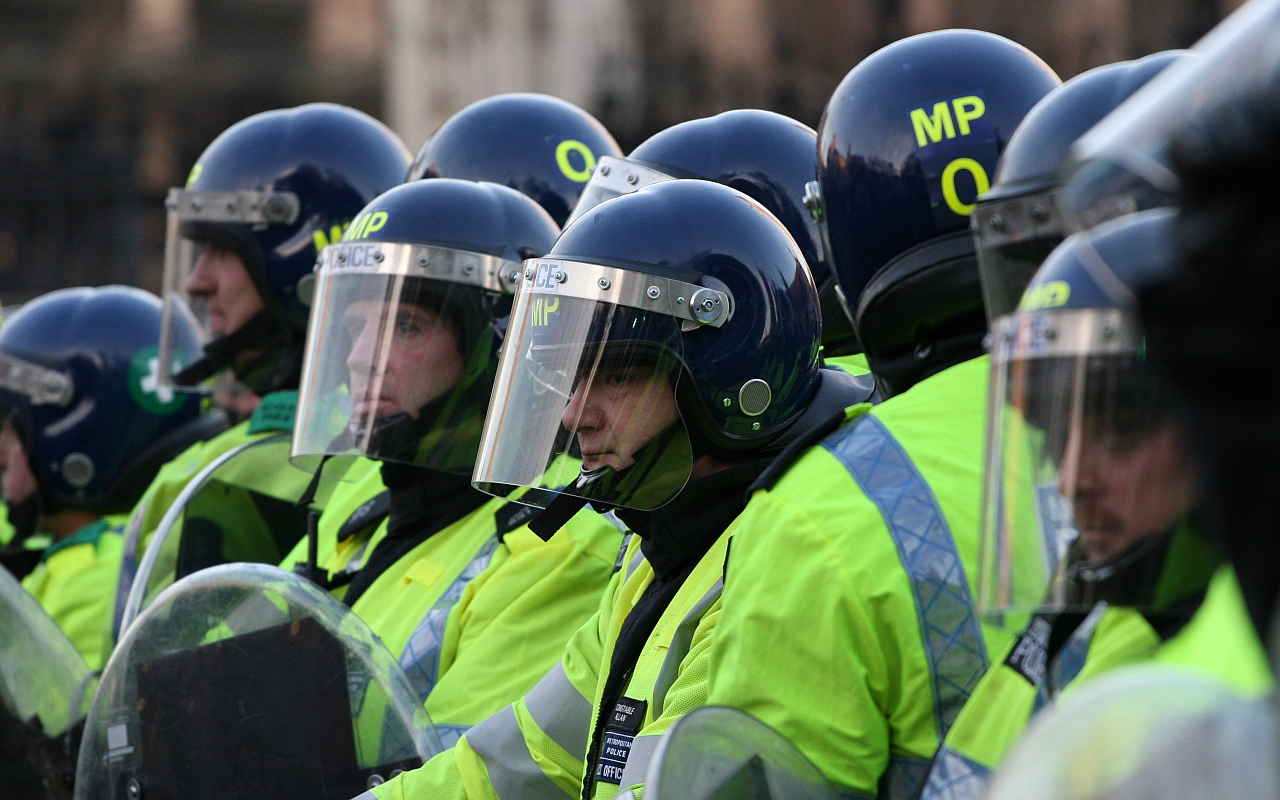MPs and peers damned the government’s draft Public Order Bill as posing ‘an unacceptable threat to the fundamental right to engage in peaceful protest’. The joint committee on human rights argues that the proposals go beyond the ‘stated intention behind the Bill is to strengthen police powers to tackle dangerous and highly disruptive protest tactics’.
The Bill proposes new offences including ‘locking on and being equipped to lock on’ (i.e., attaching oneself to something to prevent removal), obstructing major transport works such as airports and motorways; and interfering with key national infrastructure. ‘Each of these offences has a very wide scope, and risks criminalising individuals legitimately exercising their Article 10 and 11 rights,’ the report says. ‘They also unnecessarily place the burden of proving that actions were reasonable on to the defendant, which appears inconsistent with the presumption of innocence and the right to a fair trial guaranteed by Article 6 ECHR. These offences all need amendment to ensure they are not incompatible with Convention rights.’ ‘The right to peaceful protest is a cornerstone of democracy, which should be championed and protected rather than stifled,’ the group says.
‘The right to peaceful protest is a cornerstone of a healthy democracy, it should be protected,’ commented acting chair of the joint committee on human rights Joanna Cherry QC. ‘The law must strike a careful balance between the right to protest and the prevention of disruption to the wider population. This requires a nuanced approach, yet in reaction to what it perceives as overly disruptive protests the Government has decided to take a blunderbuss to the problem.’
Cherry continued: ‘Everyone has the right to protest within reasonable limits. The police already have a range of powers to take action against protests that are violent or excessively disruptive. The draft Bill would tip the balance, putting peaceful protestors at risk of being criminalised, leaving people fearful of severe consequences for minor infractions. It lowers the bar for prosecution while significantly ramping up the penalties, putting protected rights at risk.’
The report points out the right is protected in law by the Human Rights Act 1998 and guaranteed under the European Convention on Human Rights. While restrictions on protest may be justified in the interests of preventing disorder and protecting the rights of others, a degree of tolerance towards disruption is necessary.
According to the report, the Bill would ‘significantly increase’ stop and search powers for articles connected with protest related offences with the risk of such powers ‘being misused, including in a discriminatory manner that infringes the European Convention and having a chilling effect on the right to protest’. Such a risk is ‘substantially higher’ in relation to powers to stop and search without the need for reasonable suspicion.
It also highlights the proposed Serious Disruption Prevention Orders, which place conditions on individuals to prevent them engaging in disruptive protest, could impose ‘long-lasting, wide-ranging and onerous restrictions and requirements’ on individuals ‘significantly interfering with their right to respect for their private lives and their right to engage in peaceful protest’. It continues: ‘These measures could be imposed on the basis of relatively minor offending connected with protest – or even without the individual having committed any offence at all. They represent a disproportionate response to the problem of disruptive protest and should be removed from the Bill.’







